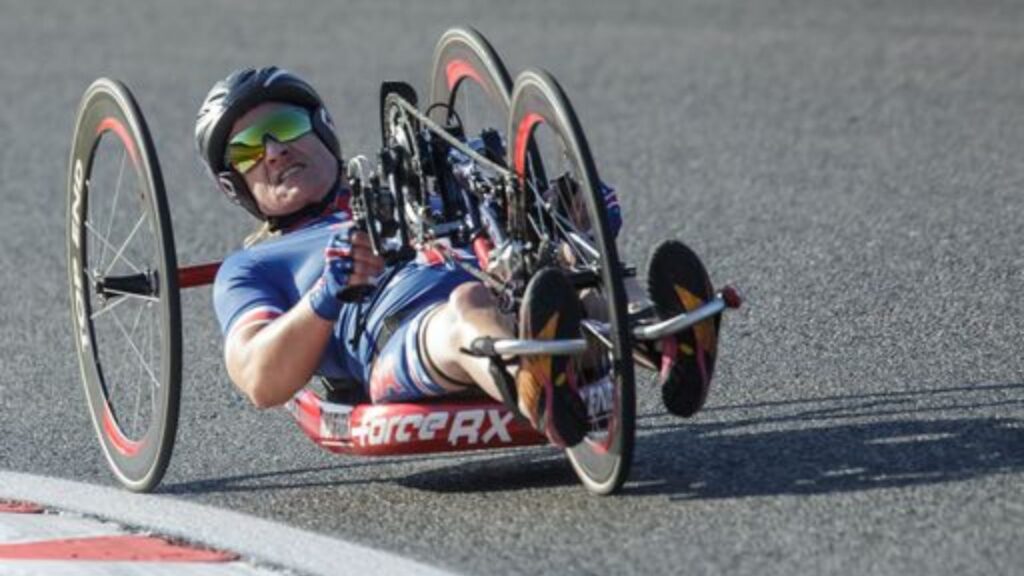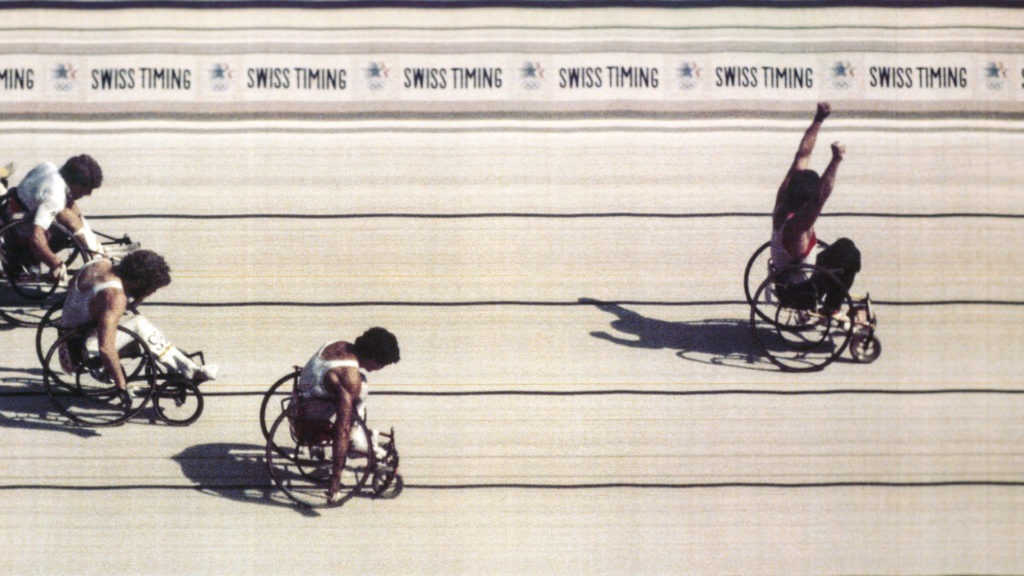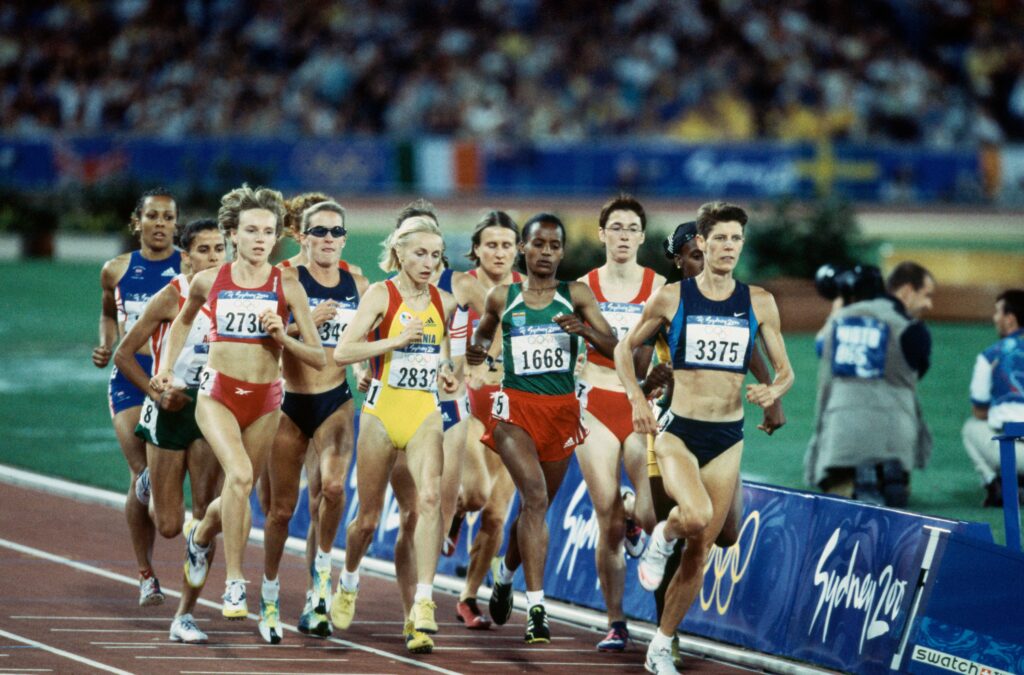After winning a gold medal in the 4×100-meter relay at the Amsterdam 1928 Olympic Games, Frank Wykoff traveled to Iowa to visit family. Born in Des Moines, Wykoff had moved to Colorado and then Southern California at a young age.
Wykoff was wearing street clothes. There was no starter’s gun, nor a finish line, but the 19-year-old Wykoff did not mind.
“They wanted to see a world record holder in action. So I obliged,” Wykoff said. “One of my aunts held my gold medal while I sprinted down the road and back.”
Apparently Wykoff impressed his audience on that jaunt. But it would not be the last time he thrilled a crowd.
Four years later, at the Los Angeles Games 1932 Olympic Games, Wykoff won another gold medal in the 4×100-meter relay, as the American team again set another world record. And four years after that, at the Berlin 1936 Olympic Games – after he had graduated from the University of Southern California and began a career as a school teacher – Wykoff anchored the 4×100-meter relay to another world record and gold medal.
That race is better known for Jesse Owens claiming his fourth gold medal in a single Olympic Games, but it also made Wykoff the first athlete to win three Olympic relay gold medals.
While Wykoff found success in the 4×100-meter relay, his one lament was that he did not have a gold medal from an individual race to go with them. Wykoff finished fourth in the 100-meter dash in 1928 and again in 1936.
“Before getting on the ship for Holland [and the Amsterdam 1928 Olympic Games], I did some workouts for New York papers. I wanted to show off a little, came out of the starting holes too hard and strained some muscles,” Wykoff said. “The coaches wouldn’t let me work out on the boat so I gained 10 pounds, eating like a horse. Then it was a very soft track and Percy Williams of Canada, who ran flat-footed, won.”
Wykoff worked as the Director of Special Schools for Los Angeles County for 22 years before retiring.
After suffering from emphysema for several years, Wykoff passed away in 1972. He was 70 years old.












